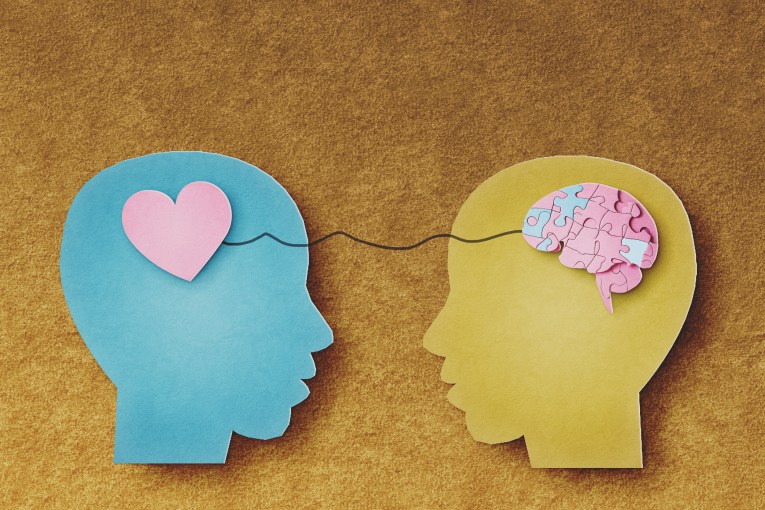Why do we fall for fake news? It’s because we can’t concentrate, study says

There's a medical reason why we're susceptible to fake news.
Scientists say there’s a reason why fake news and hoaxes go viral.
They have found it is the combination of “information overload” and our “limited attention” spans that contribute to the spreading of misinformation.
Diego Fregolente Mendes de Oliveira from Indiana University looked at the popularity of memes shared on the internet.
His paper, published in Nature Human Behaviour, found high-quality and low-quality information was shared at similar rates.
“Better memes do not have significantly higher likelihood of becoming popular compared with low-quality information,” the paper said.
The researchers found quality information was just as likely to go viral.
The scientists say the spread of fake news needs to be taken seriously.
“Anecdotal evidence of hoaxes, conspiracy theories and fake news in online social media is so abundant that massive digital misinformation has been ranked among the top global risks for our society, with fake news a major topic of debate in the United States and Europe,” Mr Oliveira said.
“The combination of ‘information overload’ and our ‘limited attention’ spans contribute to the spreading of misinformation.”
He said discovering why fake news goes viral is important to develop new tools to stop the spread of misinformation.
“One way to increase the discriminative power of social media and to prevent the spread of misinformation is to curb the use of bots that flood social media with low-quality information,” he said.
– ABC








